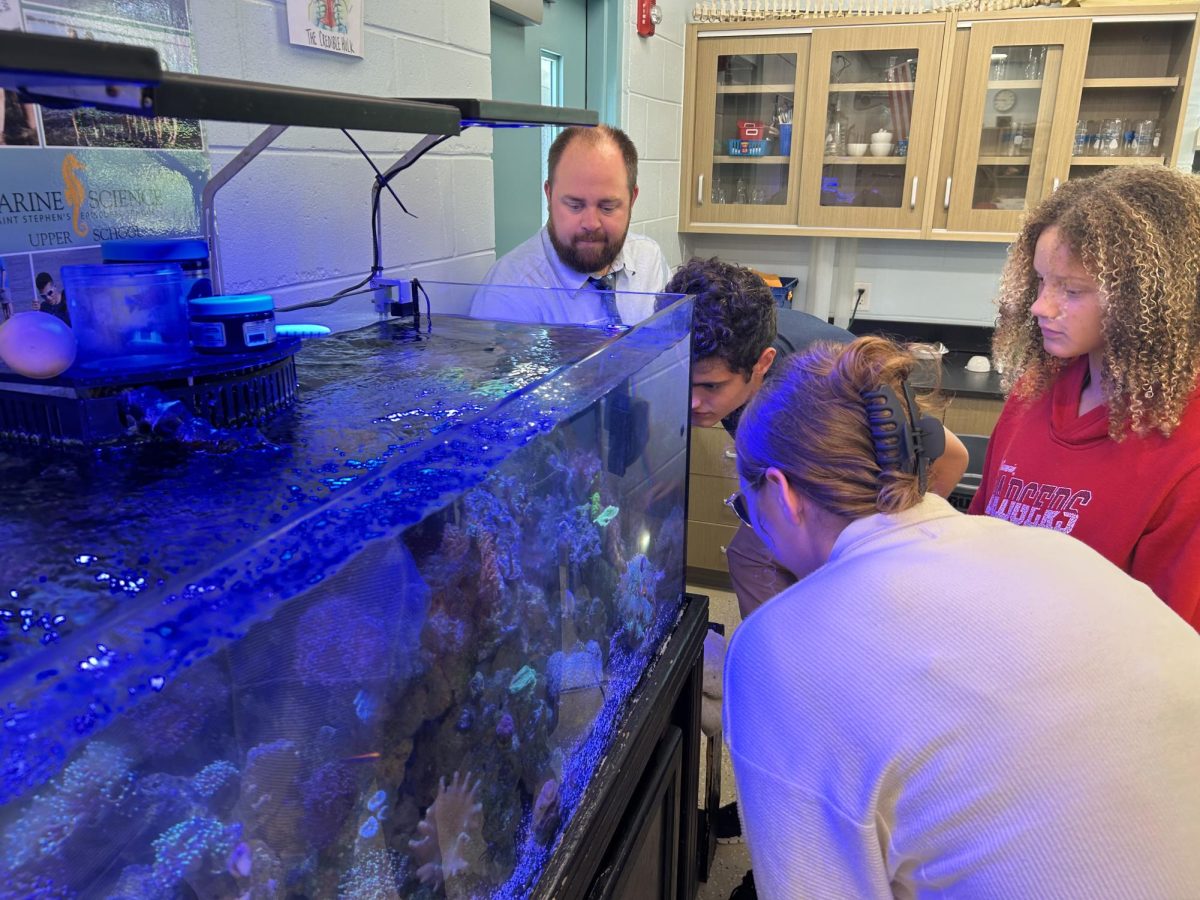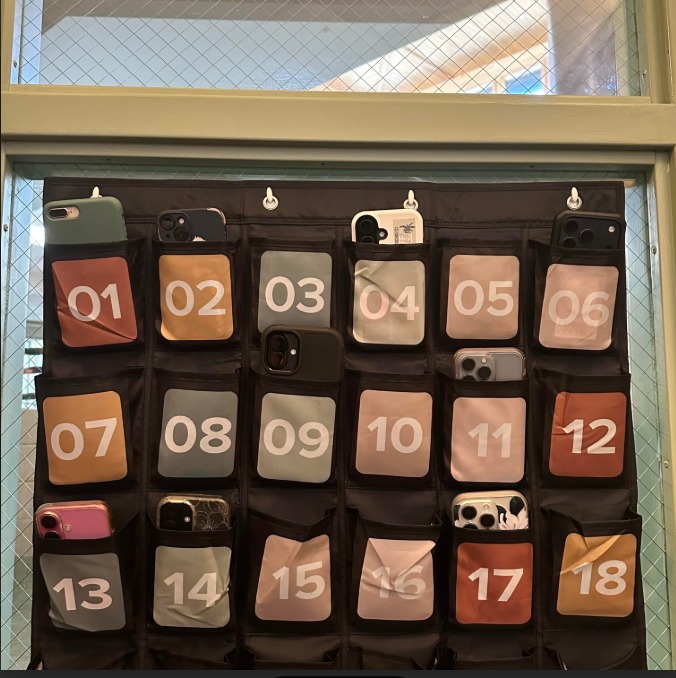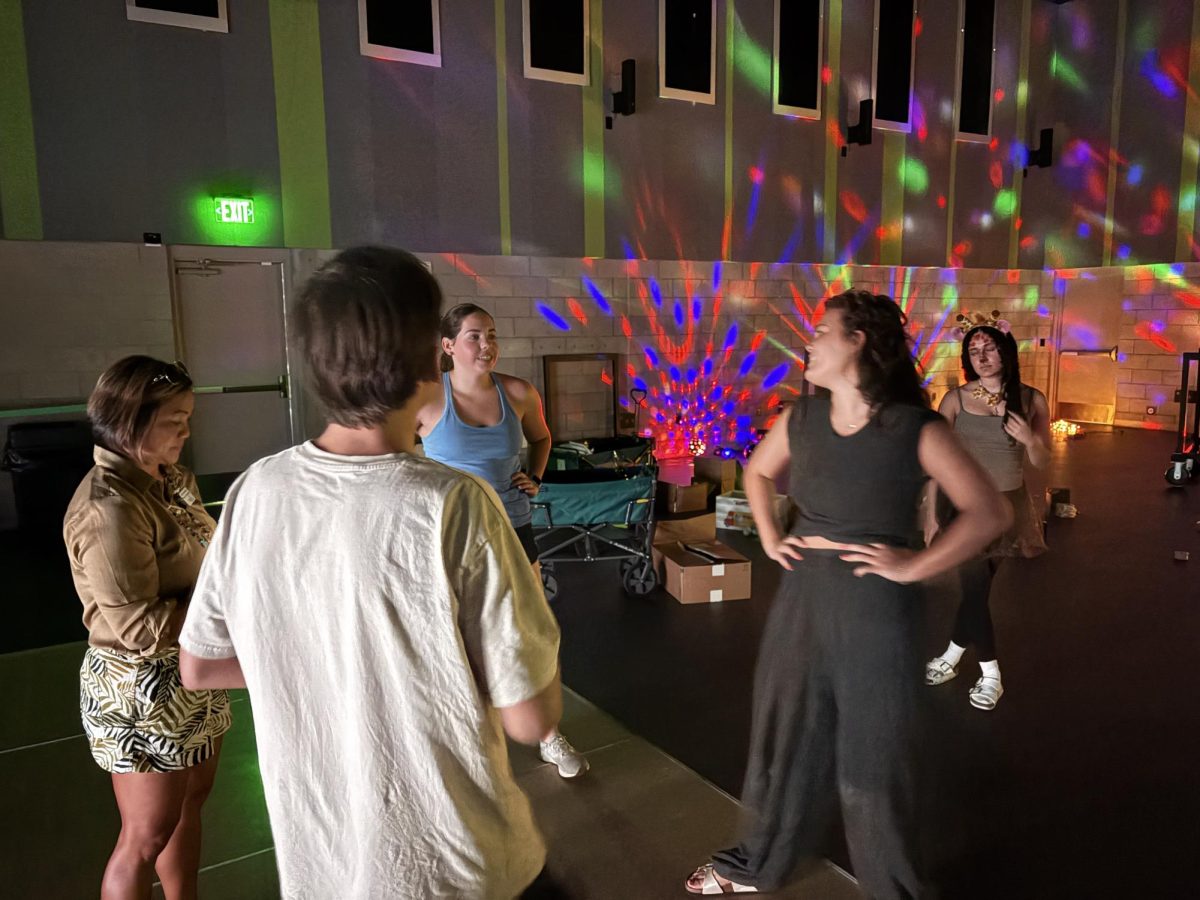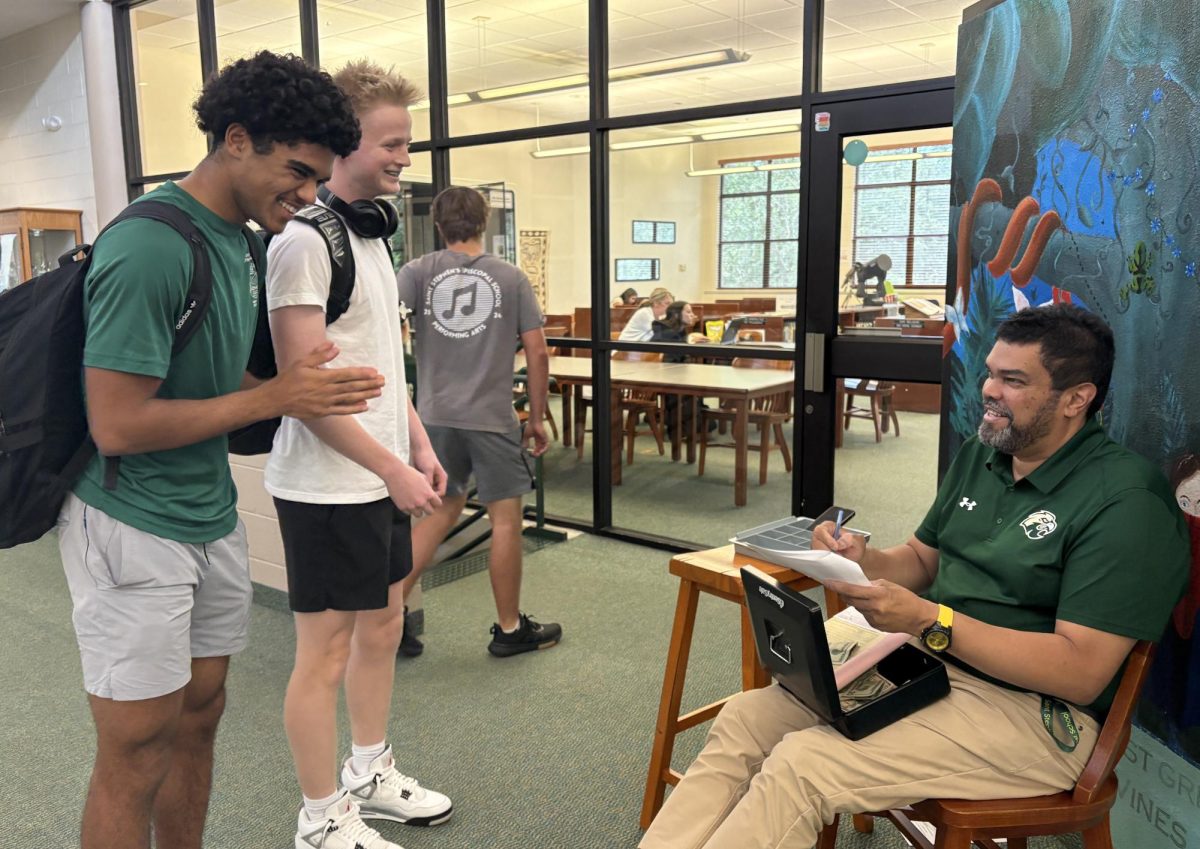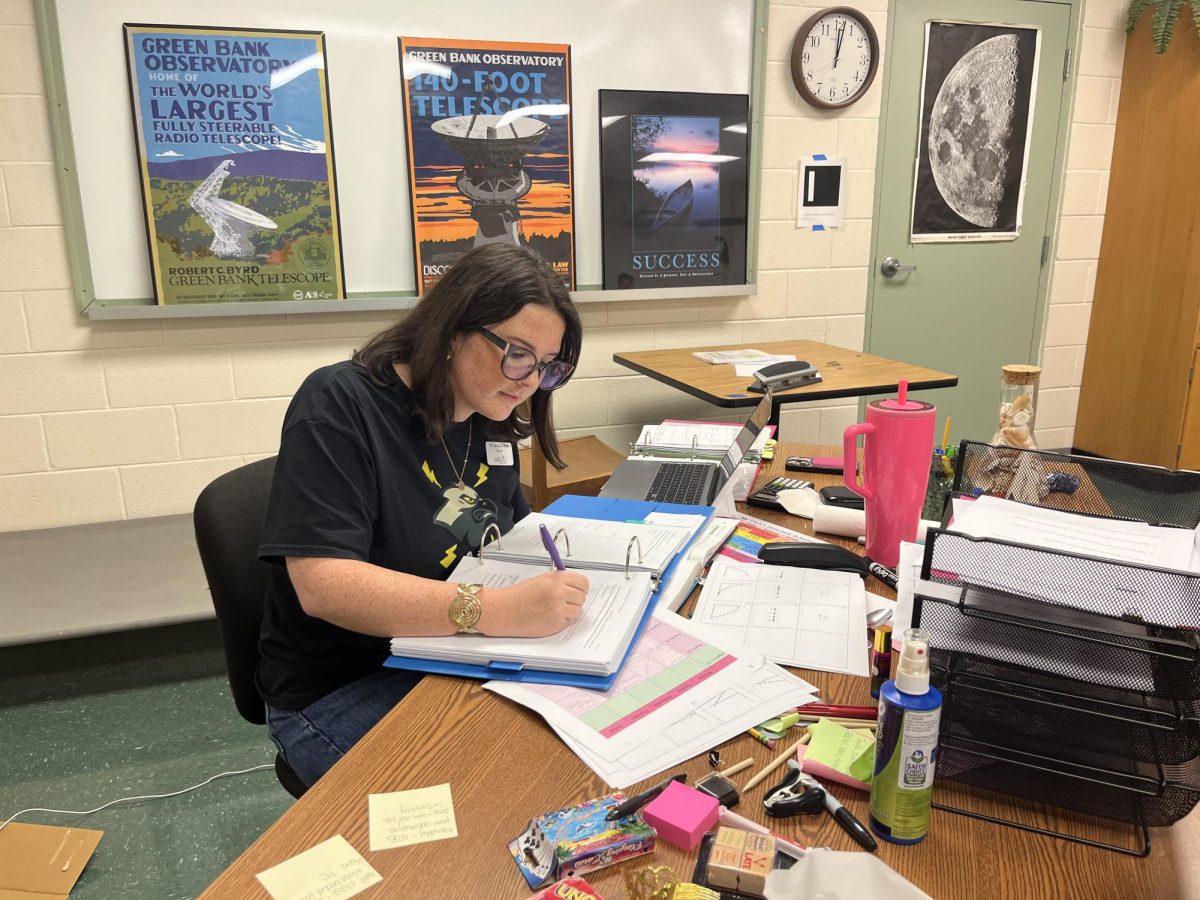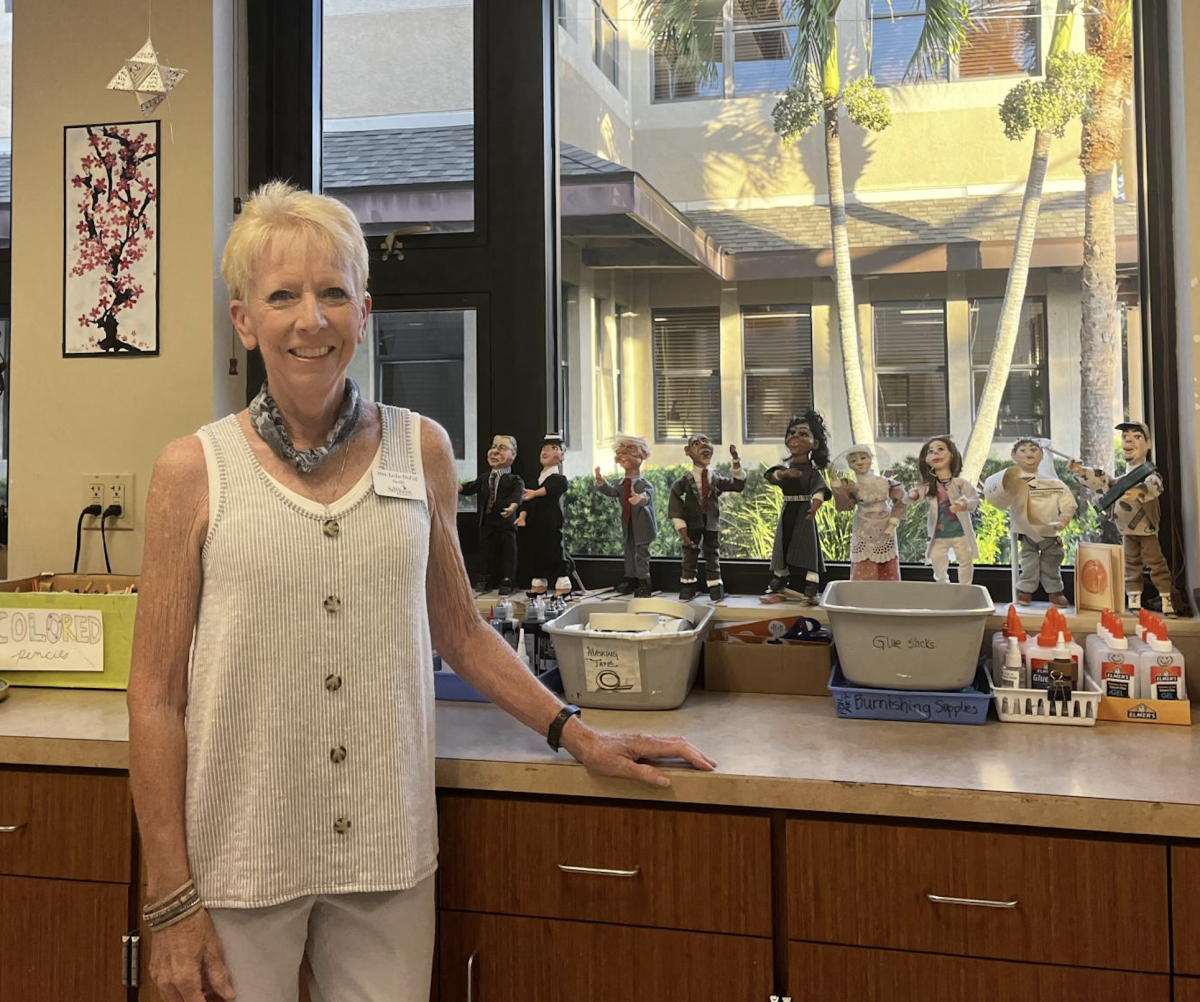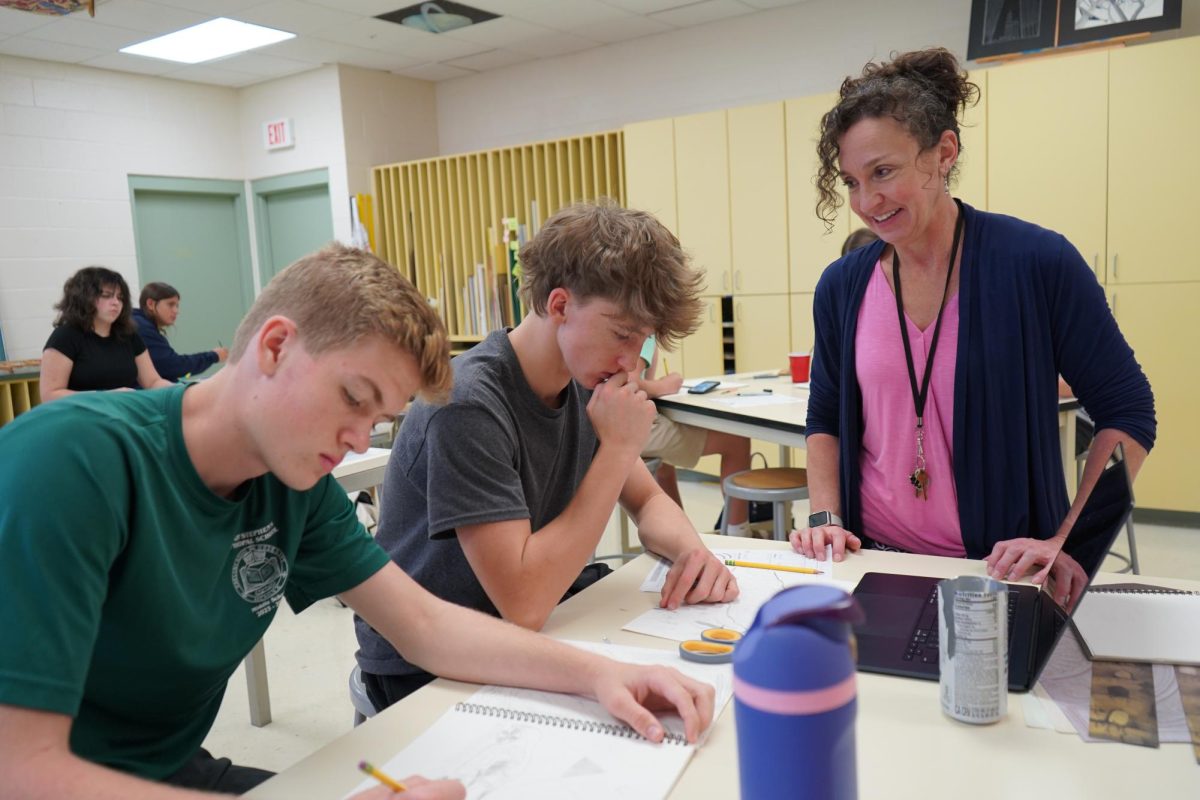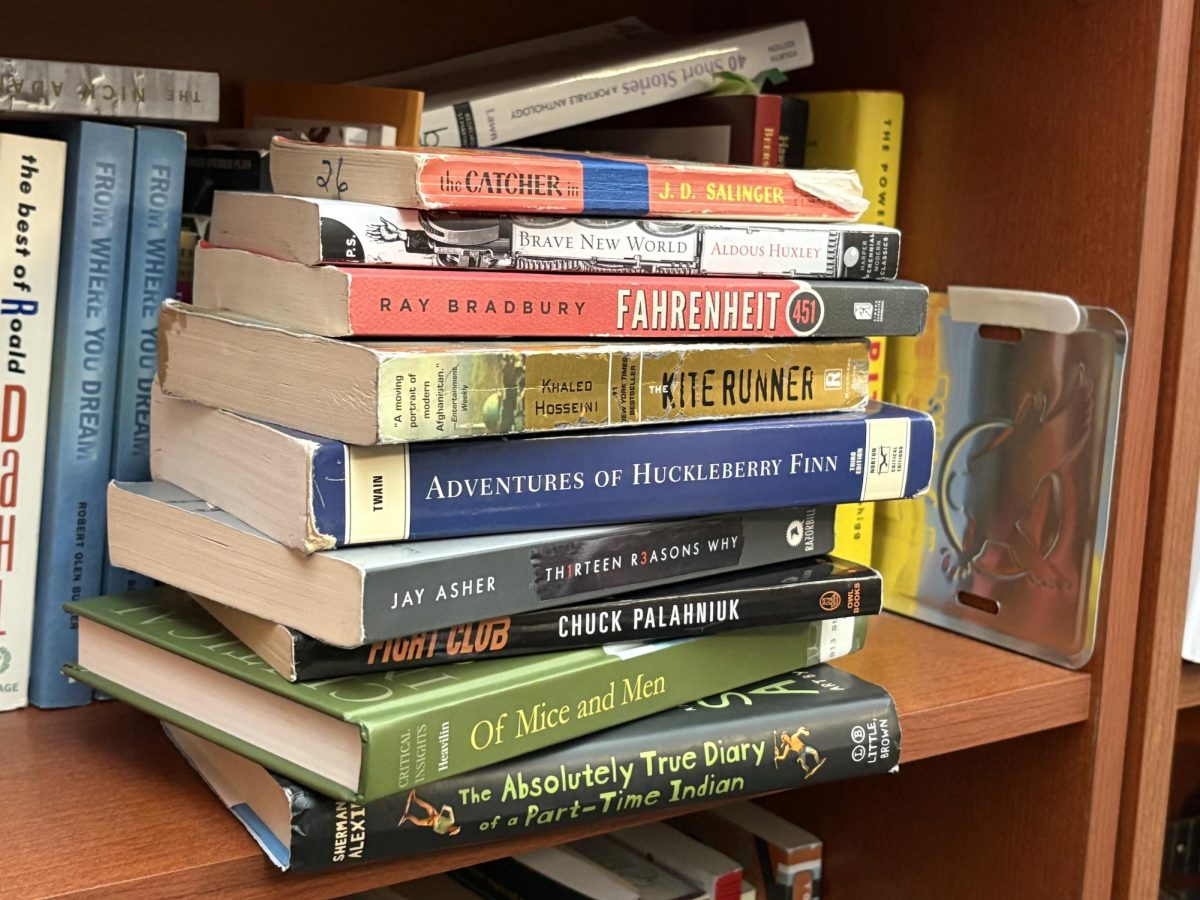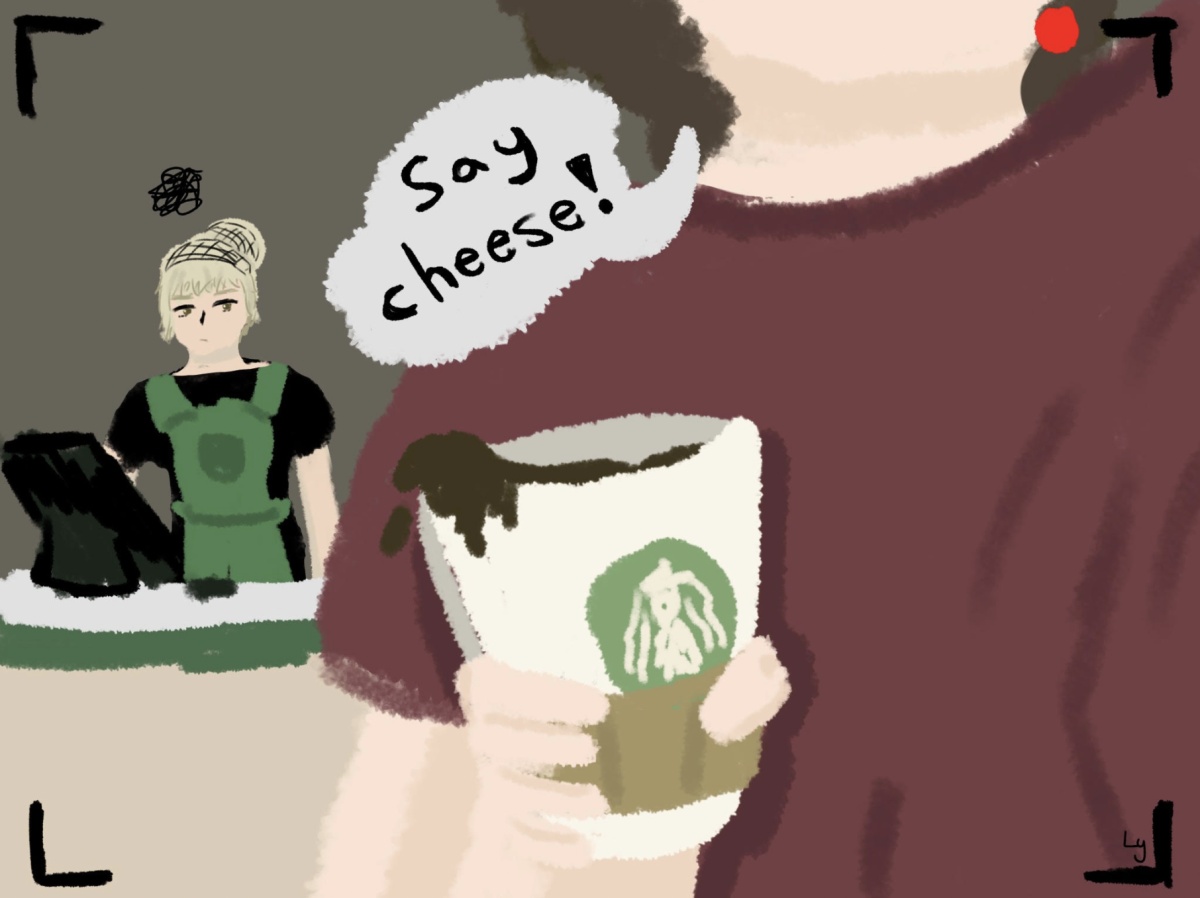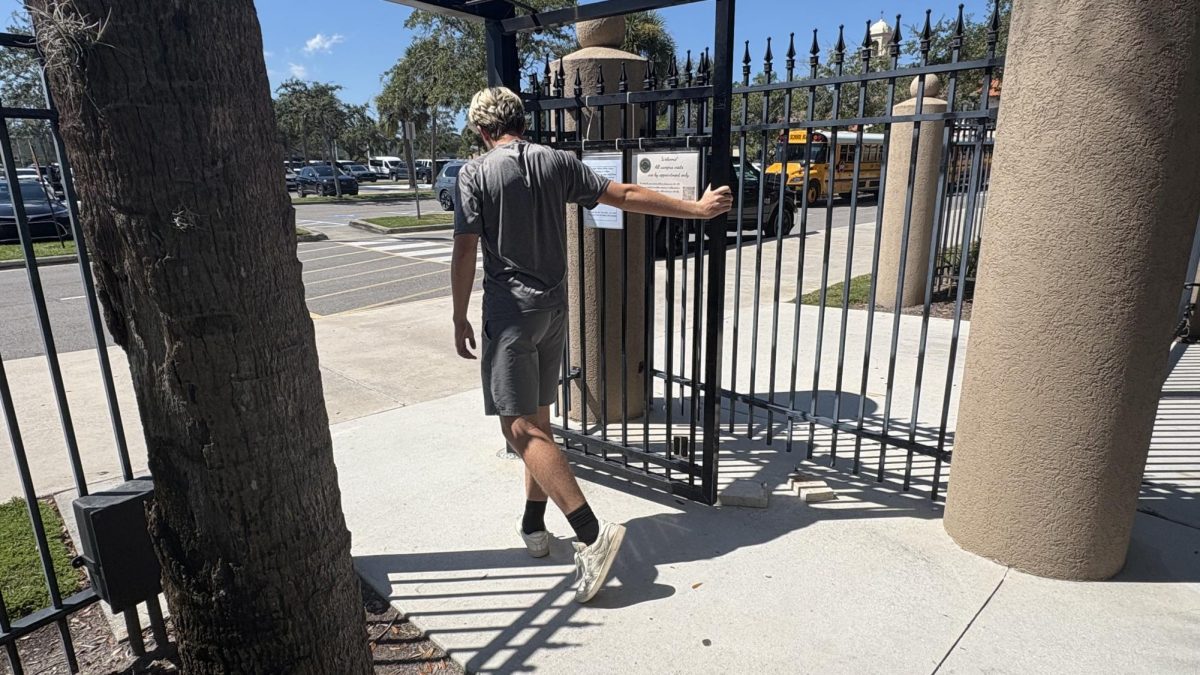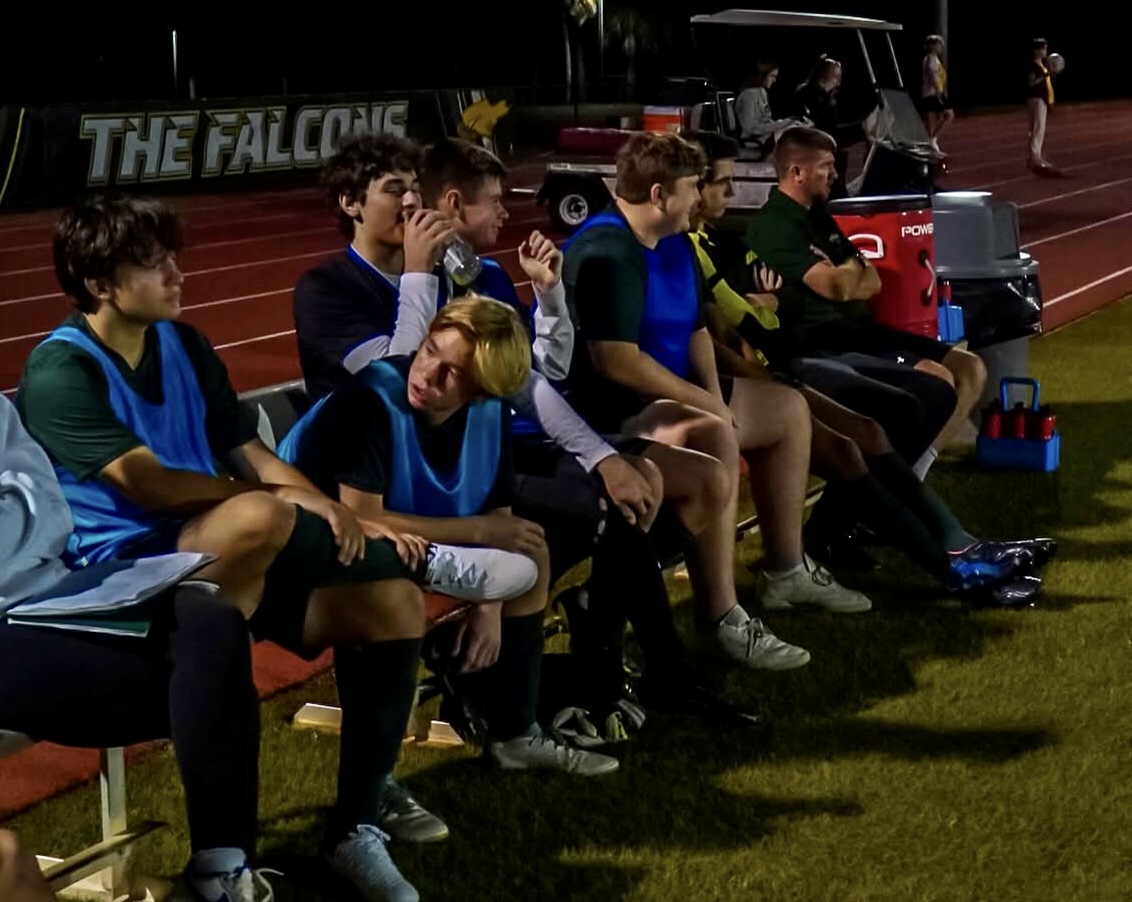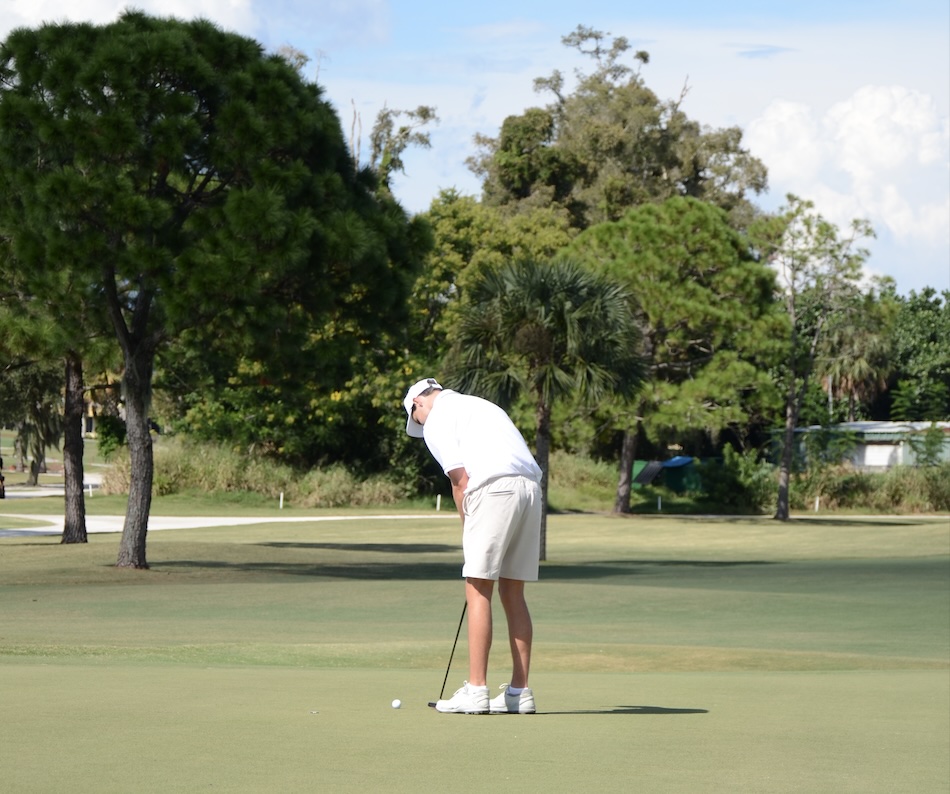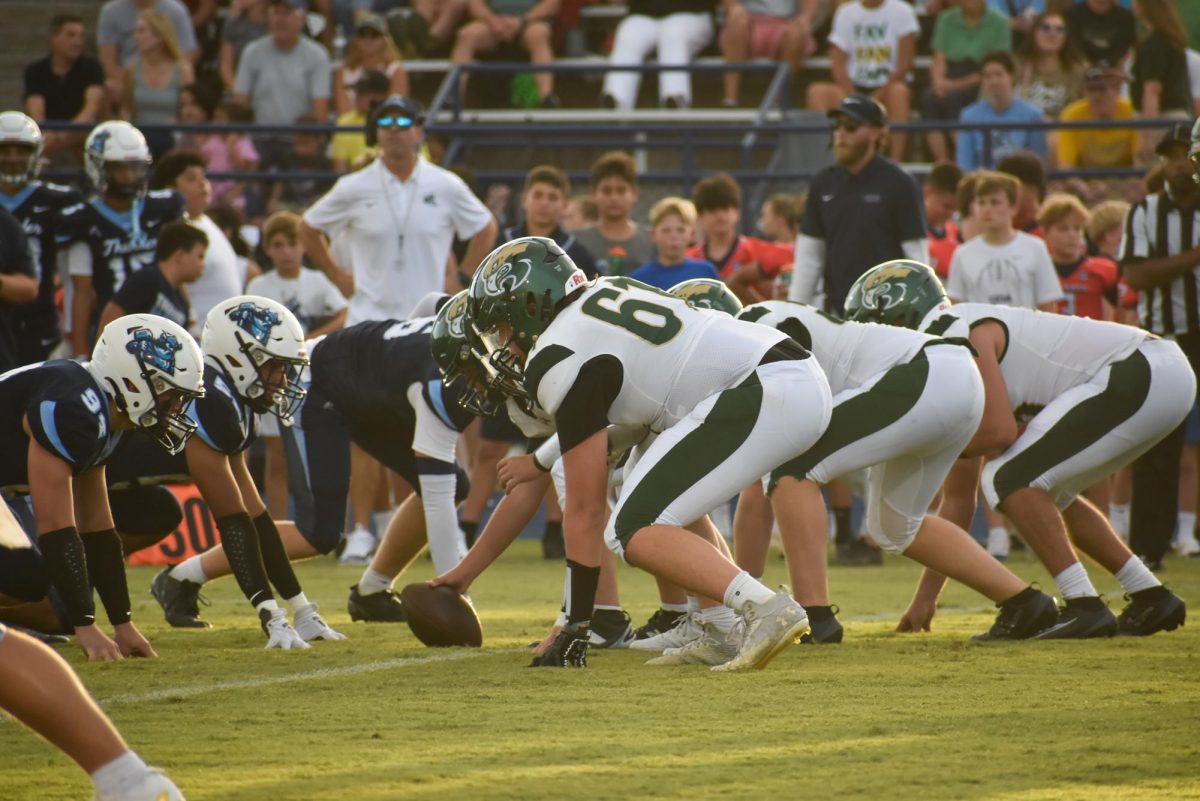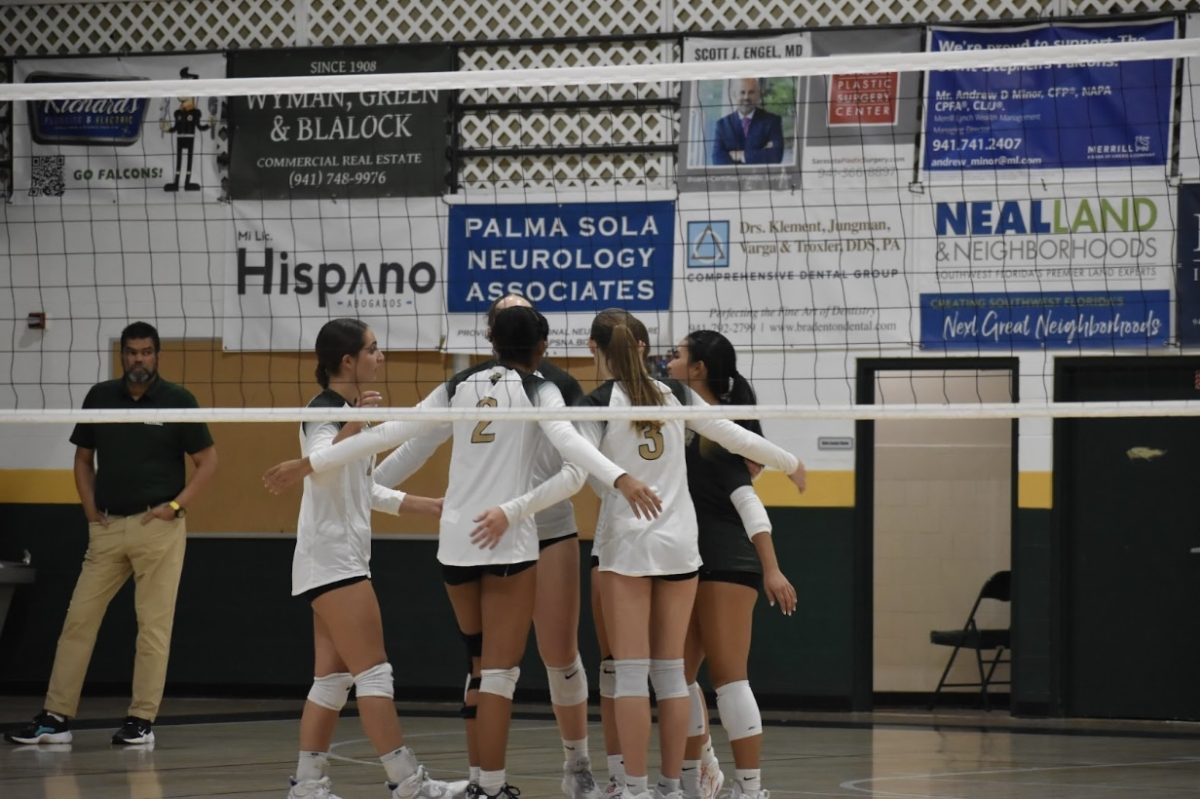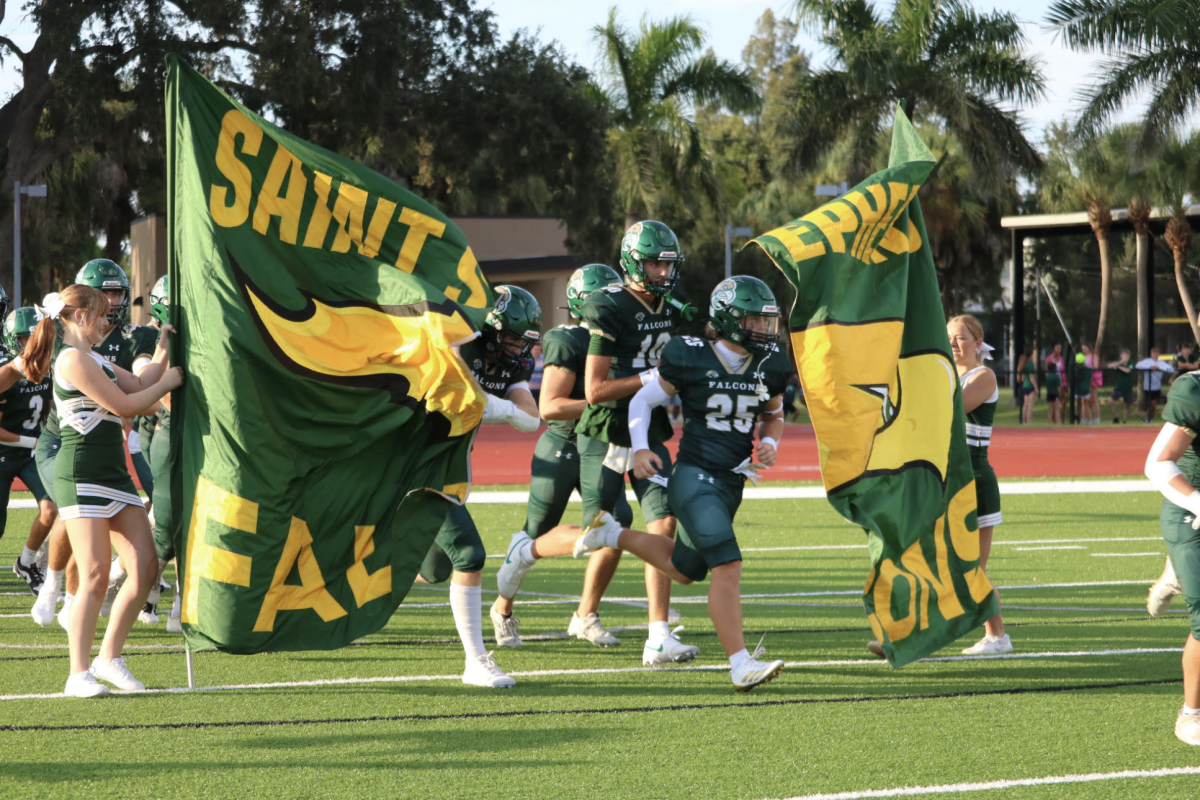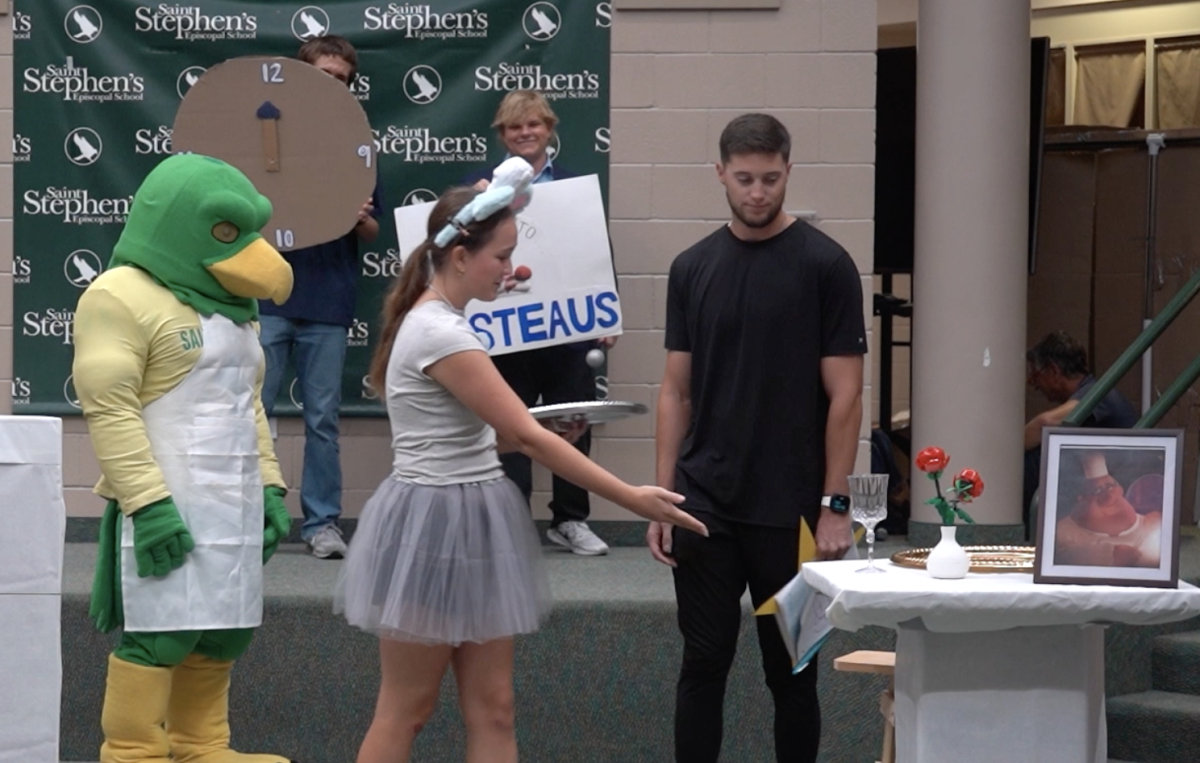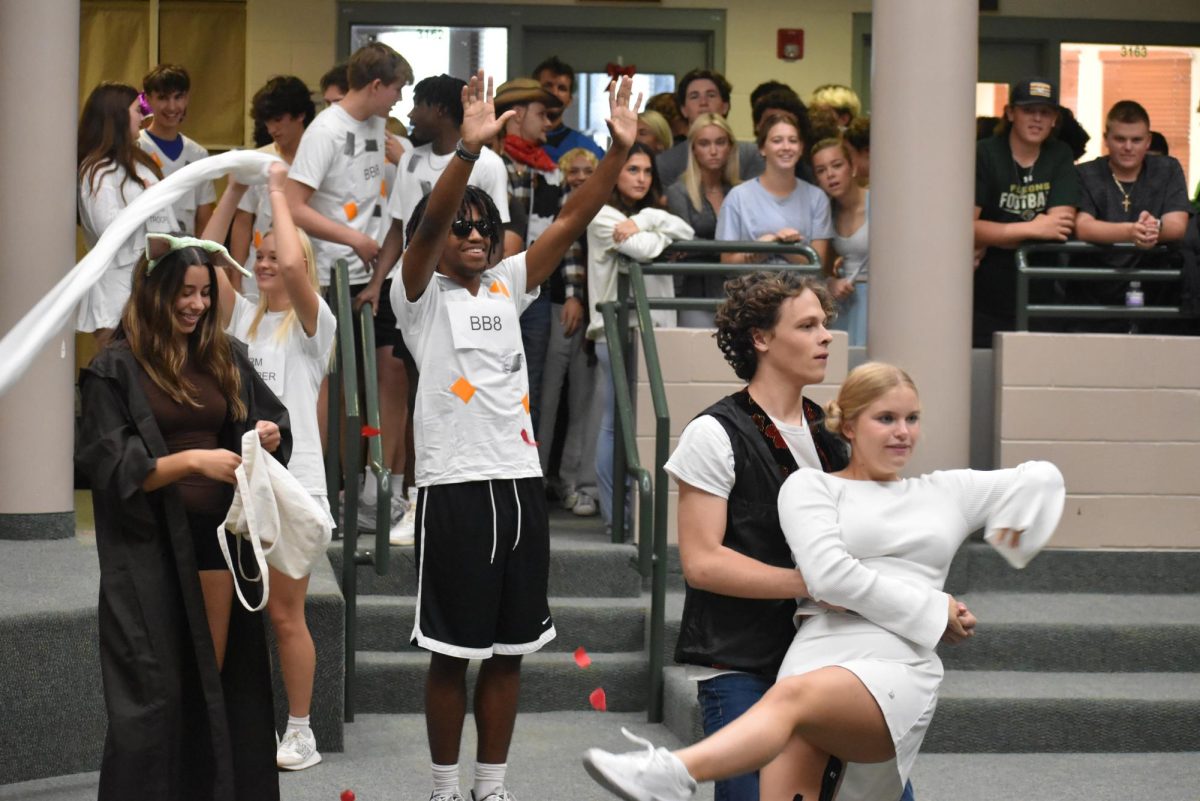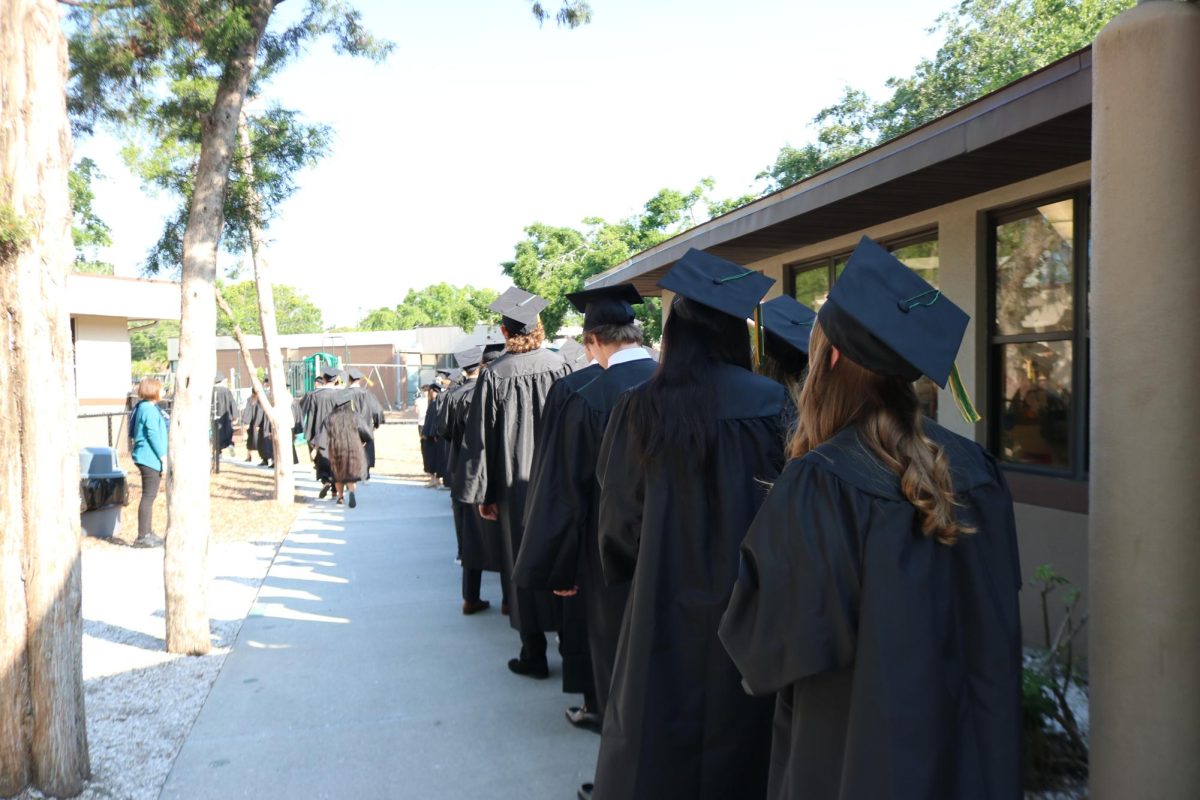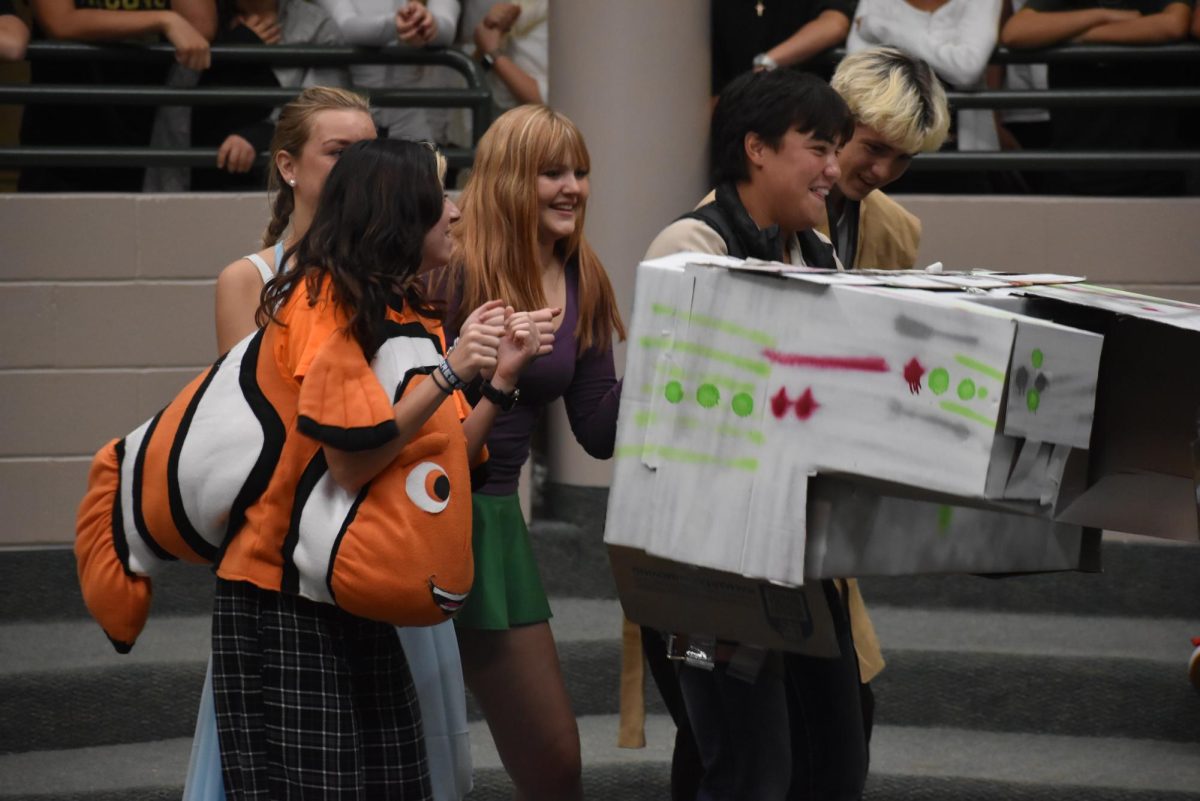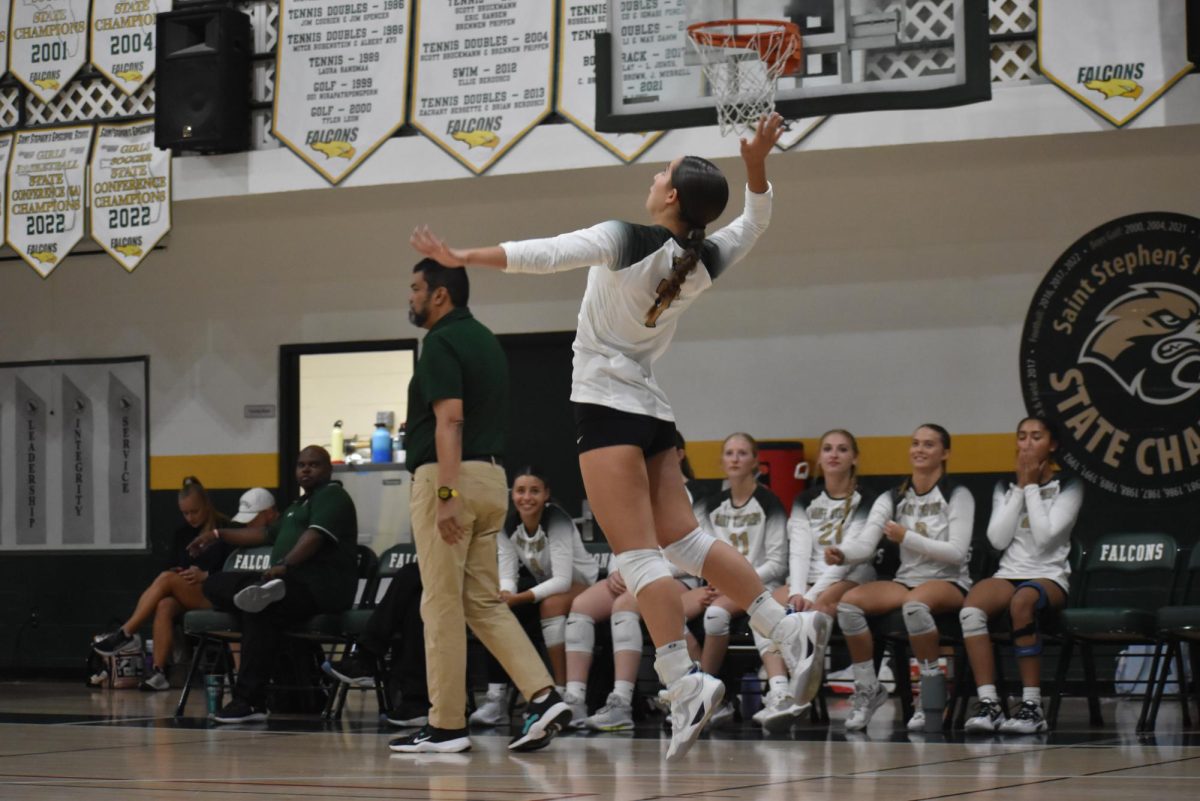Don’t be clique-bait
Everyone’s heard about the stereotypical high school clique, but what’s the real story behind it?
Don’t be clique-bait- original artwork by Gauntlet member Evanthia Stirou
You’re watching Regina George and her crew “The Plastics” in Mean Girls before starting high school and you think to yourself— there’s no way there are cliques like this in high school. There’s no way people treat each other like this.
In high schools across the country, the concept of the clique (a tight-knit group of friends who seem to always be together) has generally been thought of as negative since the typical stereotype around cliques is that they’re exclusively for the “popular” kids. But, that perception is not always the case. In reality, as long as you know how to “survive” in the dynamics of a clique, and find a good group of people (very important), a clique can all be pretty beneficial.
While The Plastics in the Hollywood hit Mean Girls set the standard for the typical “mean girl” clique in high school, that’s not the only thing a clique can be. There are, in fact, some positives. Being in a clique can help with social skills, learning how to stay true to yourself in a crowd, and finding your group of people.
The definition of a clique is a small, exclusive group of people and the word originated in France. But in reality, clique sizes can vary from as little as two or three up to as many as an entire sports team in most cases.
There are even cliques right here on campus; take the football team for example. Every day during their season, the entire team sits together at lunch with a majority of them wearing their matching Falcon gear.
Everywhere you look there are cliques in each grade. There are definitely defined friend groups and you can usually spot at least a couple of their members stuck together in the halls between classes. Whether it be the jocks, the theater kids, or even mathletes, there are countless numbers of these close-knit groups. And a majority of them seem pretty much inseparable.
But the real question is, can outsiders get in?
Once a clique has been formed, the bond between all the members seems to be unbreakable— as an outsider looking in, it feels impenetrable. Being in a tight-knit group may appeal to people because of the possibility of gaining popularity, or just not wanting to feel alone in the craziness that high school can be.
To really understand the anatomy of the ‘clique’ you have to dive into the meaning behind it and all the roles of all its members. First, it’s pretty likely that each clique has a leader figure. This isn’t necessarily a Regina-George situation at all times though. The alpha could just be classified as whoever’s house everyone is at the most, for example, or whoever has a car, or talks the most.
Another important member of the friend group is the “clown,” or the overall fun one. This is usually the person who comes up with new, fun ideas and brings positive energy to the group. But it’s also important to have a more responsible, “parent-like” figure in the group to balance out the fun factor. Too much responsibility or fun can be a recipe for disaster.
While these are some of the main three roles in a typical high school clique, there are countless numbers of personalities that make up these groups. Staying true to your personality is very important if you find yourself wrapped up in a clique. Especially since the stereotype for cliques is your average, self-obsessed, drama-filled group of teen girls who all behave the same. There’s not much personality that comes along with that expectation.
While individuality can be a concept that most high schoolers/clique members fail to grasp, believe it or not, it is okay to not be in a clique. Most of them are just made to make one another feel less lonely in the first place, but there are plenty of social butterflies who bounce from group to group and get by just as well as any group member.
While most cliques are usually formed due to a common interest, it’s important that you know yourself, your reputation, and to make sure that who you are doesn’t change due to the fear of not fitting in. Also, if you find yourself in a clique, it’s important to stay open to other friend groups and not just solely spend all your time with the same few people.
People and friendships change. It’s inevitable, especially during high school. The key to coming out on the other side is to stay true to who you are. Changing who you are to please others won’t do anything but ultimately hurt you.
“Being in a clique doesn’t necessarily have to be a bad thing,” said sophomore Caroline Day. “While they can easily become toxic with the wrong people, being in a tight friend group like that with good people can really make your high school experience that much better.”
No matter how you feel about cliques as a whole, it’s inevitable that you’re going to run into some during your high school career. Everybody has their preference of whether they’re a social butterfly or socialite. And sometimes that all comes down to finding the clique that you click with.

Ansley Morris is an Associate Editor in her third year on the Gauntlet staff. She’s a senior who enjoys going to the gym, cooking, and going out on the...

